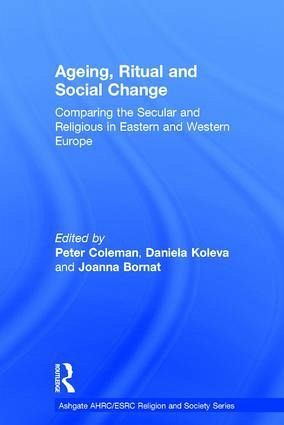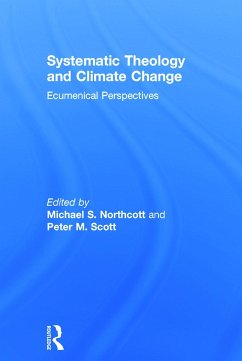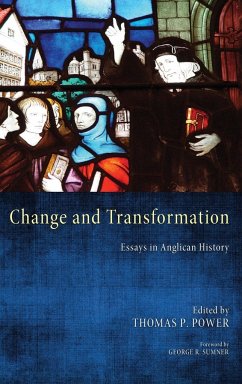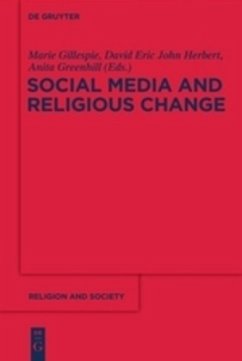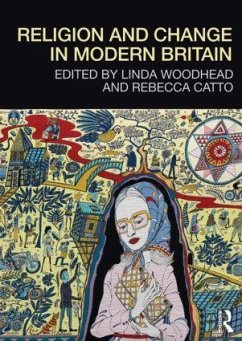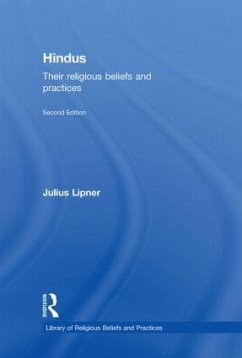Peter G. Coleman is Professor of Psychogerontology at the University of Southampton, England, a joint appointment between the Faculties of Social & Human Sciences and of Medicine. Most of his research relates to mental health issues, especially the functions of reminiscence and sources of self-esteem and meaning in later life. In more recent years he has focused on the role of religion and spirituality with ageing. He is the author of Ageing and Reminiscence Processes: Social and Clinical Implications (Wiley 1986), Ageing and Development: Theories and Research with Ann O'Hanlon (Arnold, 2004), and Belief and Ageing: Spiritual Pathways in Later Life (Policy Press, 2011). He has co-edited textbooks for the British Society of Gerontology, and made contributions to various handbooks on the subjects of Gerontology, Clinical Psychology and Spirituality. He is a Fellow of the British Psychological Society and an Academician of the Academy of Social Sciences (UK). Daniela Koleva is Associate Professor at the Department for History and Theory of Culture, Sofia University. Her research is in the fields of oral history and anthropology of socialism and post-socialism, biographical and cultural memory, biographical methods, social constructivism. She has published a monograph on the 'normal life course' in socialist Bulgaria (Biography and Normality, 2002, in Bulgarian) and has (co)edited a few collective volumes and collections of life stories. Her current work is on vernacular memory of socialism in Bulgaria, everyday ethnic and religious identities and forms of their expression. Edited books include: Negotiating Normality: Everyday Lives in Socialist Institutions. Transaction, forthcoming May 2012; 20 Years after the Collapse of Communism: Expectations, achievements and disillusions of 1989. (ed. with Nicolas Hayoz and Leszek Jesien), Peter Lang, 2011; Childhood under Socialism. (ed. with Ivan Elenkov) Sofia: CAS/Riva 2010 (in Bulgarian). Joanna Bornat is Emeritus Professor of oral history at the Open University having retired from that institution in 2009. She is joint editor of the journal Oral History and a committee member of the UK Oral History Society. She has a longstanding interest in oral history and ageing and her research interests include reminiscence in care settings, the oldest generation and family relationships, older women's lives, migration and ethnicity and community oral history. Most recently she has been involved in research which considers substantive, ethical and methodological issues in the re-use or secondary analysis of archived interviews. Recent books include: Bornat, J 'Remembering in Late Life: Generating individual and social change', in Donald Ritchie (ed) The Oxford Handbook to Oral History, New York: Oxford University Press, 2010.
